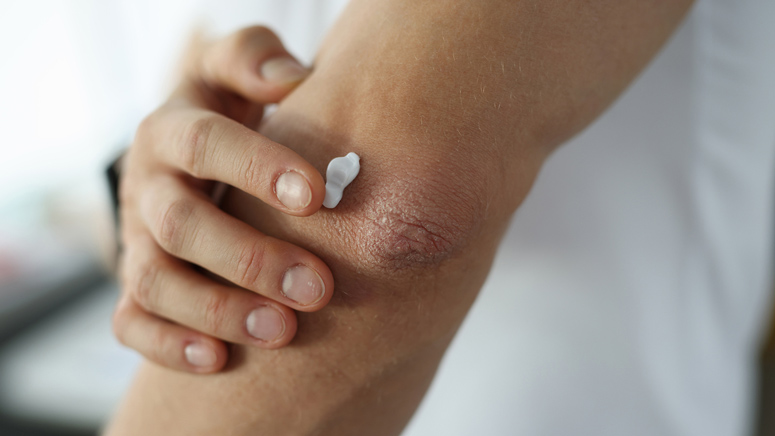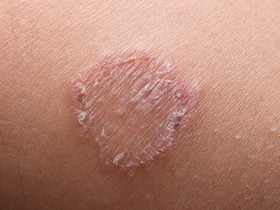Psoriasis is a chronic skin disease. Although it may not result in severe health conditions, it can have a detrimental effect on a person’s quality of life. People with psoriasis may also experience comorbidities. According to the National Psoriasis Foundation (NPF), [1] living with psoriasis increases the risk of developing other health conditions such as depression, type 2 diabetes, and heart disease.
Psoriasis is a serious health condition that can affect one’s physical and mental health. A 2020 study on living with psoriasis confirms the scandal that these individuals usually suffer the effects mentioned above. Apart from effects of general health, the effects of Psoriasis also involve social health factors, such as social and clothing restrictions, and make it difficult to perform activities.
However, the same study confirms that certain things can be done to improve the quality of people with psoriasis. These include:
- Improving public awareness
- Learning to accept the disease
- Developing more effective medication
- Improving multidisciplinary care
- Reducing stress
What this means is that one’s well-being can improve with better management and treatment of the condition. With proper supervision from your doctor, you can be sure to get better. There are also various lifestyle practices and tips that one can adopt to help make the condition more bearable by reducing some of the negative effects.
Lifestyle Practices Tips

Certain lifestyle practices you should adopt that can help improve your psoriasis include:
- Stopping smoking: A 2016 article states that smoking increases one’s risk of psoriasis. Smoking may also worsen one’s condition and reduce the effectiveness of treatment. It may be difficult for an addicted smoker to stop smoking immediately. You should talk to your doctor about ways to stop smoking.
- Eating a healthy diet: According to the American Academy of Dermatology Association (AAD), [2] there is an evidence that the Mediterranean diet may help reduce the severity of psoriasis. There is an anti-inflammatory diet that is rich in fruits, vegetables, olive oil, fatty fish, nuts, and whole grains.
- Regular exercise: You can improve your condition by engaging in regular exercise. However, you should check with your doctor before starting an exercise routine. Your doctor will discuss with you what exercise is best for you.
- Maintaining a moderate weight: The AAD suggests that losing extra body weight may help reduce flare-ups and make treatment more effective.
- Reduce your intake of alcohol: Alcohol consumption may trigger or worsen your psoriasis. However, more research is needed to determine the amount of alcohol that can be taken.
- Reducing stress: Avoid stressing yourself as it can trigger flare-ups of psoriasis. There are some strategies that you can apply to help reduce stress, these include exercise, meditation, and deep breathing.
- A regular visit to your doctor: It is important to discuss with your doctor about your condition. Although there is no cure for psoriasis, certain medications can be prescribed to help control symptoms.
- Joining a support group: Living with psoriasis can affect one’s mental health and result in conditions like depression [3] and anxiety. [4] Joining a support group can help improve their mental health.













